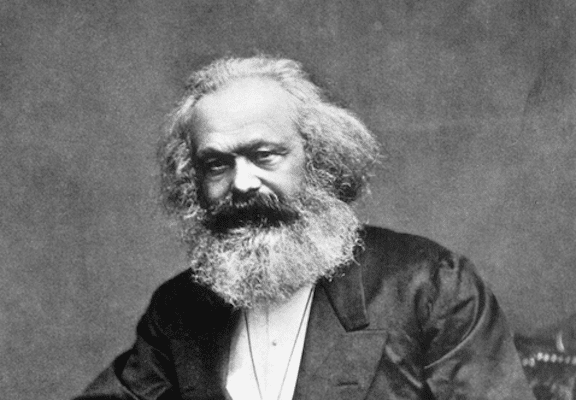1
A polemic for revolutionaries is a militant dialogic practice to reveal the contradictions of a position, hammering it down to break open its hardened crust in order to rescue life from the stifle of the canon. It is akin to the Socratic dialectic or a militant वादकथा in the Indian tradition, where you demonstrate the limits of a given position–you don’t deny its truth, you begin from it, while going beyond it through the process of dialectical sublation.
However, standard polemics are mere means of defending a canonised position against every particular context. They fetishise forms as in the old tradition of liturgical polemics. Such polemics oscillate between captions criticism or वितंडावाद and जल्पकथा seeking to vanquish the opponent.This polemical exercise is totally opposite of the conception of immanent critique so essential to Marxism. It dualises the text and the context, and then trims the latter to fit the former. This is what can be called lilliputianism—tickling and tempting the giant, while attempting to bind him with the fragile threads of mental schemas.
2
The purpose of a revolutionary polemic is not just defending a position against another, but to clarify and sharpen one’s own by assimilating the partial but essential truth of the other, while rejecting its form. The polemical form is a means of unfolding one’s own position—towards “self-revelation”. That is why emerging from the polemical furnace the position actually doesn’t remain the same. A proof is Marx’s treatment of Feuerbach, Stirner, Bauers & c. in The German Ideology or of Proudhon in The Poverty of Philosophy or even The Holy Family. This polemical phase of Marx’s biography had the sole purpose of clarification (which included self-clarification, as Marx later mentions in the preface to his The Contribution to the Critique of Political Economy).
This polemical form that we see dominating in many of Marx’s early writings mutated into an important formal and literary element of his critique of economic categories, of his practice of immanent critique. This is evident in his published and unpublished economic writings. It never lost its vigour, the proof is Capital itself, where it helps in building the rigour. In fact, Marx is at his polemical best in all these writings—eg., his fragments on Bastiat and Carey in Grundrisse.
3 On Anti-Dühring
Engels’s Anti-Dühring is a landmark in Marxist discourse and practice. It is arguably the most important exercise in the polemical clarification of ideas within the tradition of the working class movement and Marxism. The German Ideology, which could compete, remained in the notebooks. “We abandoned the manuscript to the gnawing criticism of the mice all the more willingly since we had achieved our main purpose–self-clarification.” Anti-Dühring, on the other hand, was the movement’s self-clarification.
For a century at least, Anti-Dühring continued to be the model of Marxist polemics for both revisionist and revolutionist Marxists. In fact, it became a foundational textbook for learning Marxism throughout the globe. It is a polemical text (as clear from the name itself) with the purpose of systematic self-clarification. Nobody reads this text to know the blunders of Dühring, but everybody comes to it for the most accessible treatment of various tenets of Marxism.
But then a textbook always has its limitations and drawbacks. This is true about every good polemical text too —it has a pedagogical significance, students must outgrow it. But like any textbook, such texts become the texts of institutional orthodoxy, not a mere initial stepping stone—not just a transitory moment in theoretical development. The polemical form is autonomised, it becomes an end in itself, not a means of self-clarification. This has been the fate of many of Engels’ works, especially Anti-Dühring, in the hands of Marxist believers.
4
The recent phenomena of academic industrialisation and corporatisation of Marxism through the depoliticised liberal formal academia, on the one hand, and of the supra-political institutionalisation of public intellectual Marxism, on the other, by the publishing industries have marginalised the polemical aspect of Marx and Engels’ works (especially Engels’) to insignificance. It has been reduced to a mere literary form or style appropriate for twitter, Facebook and other social media channels.
However, the political-pedagogical nature of the polemical and its unique relevance in the development of Marxism and working class politics in general can scarcely be denied. It is definitely a form, but which is organic to the essence of Marxism. It is very different from the schematic lilliputianism of sectist politics that seeks to dominate and annihilate. It emerges as a method to demonstrate limits of ideas, positioning them to various levels of abstraction, while approximating the concrete in thought through the dialectic of the polemical dialogue.

